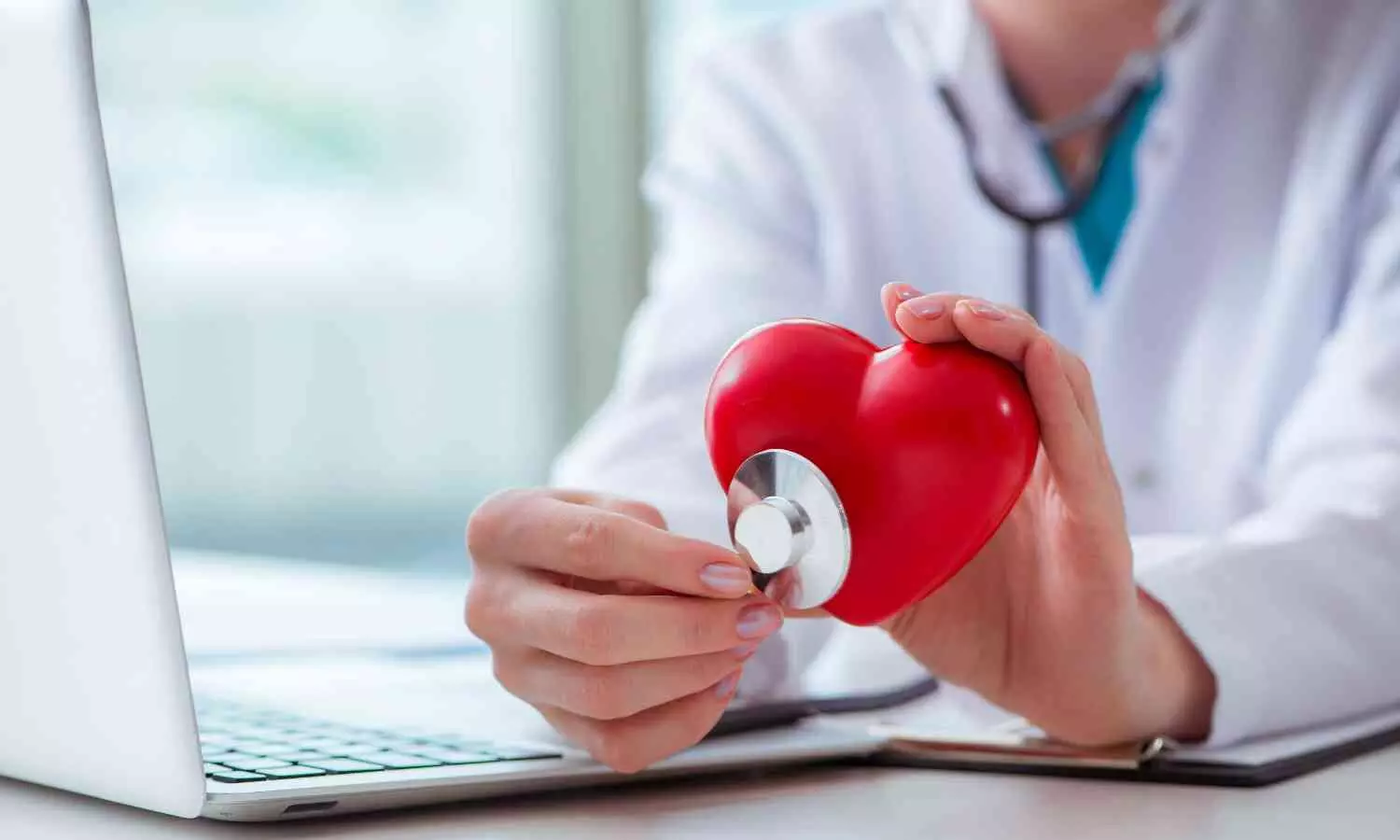Study Highlights Role of Wearable Heart Sound Devices in Cardiac Care

New Delhi: Wearable heart sound devices are emerging as an innovation in cardiac care, offering continuous, non-invasive monitoring that could redefine how cardiovascular diseases are prevented, diagnosed, and treated. A new study from the City University of Hong Kong highlights their potential to enhance patient outcomes and improve healthcare efficiency globally.
Cardiovascular diseases remain a leading cause of mortality worldwide, underscoring the need for innovative diagnostic tools capable of early detection and real-time monitoring. Traditional diagnostic methods like stethoscopes, while valuable, are limited by their inability to provide continuous data. Wearable technology addresses this gap by enabling real-time tracking of heart sounds, providing actionable insights into cardiac health.
Dr. Bee Luan Khoo, Associate Professor at the City University of Hong Kong, and the study’s lead researcher, told IANS the significance of these advancements. "Wearable heart sound devices represent a critical step forward in monitoring and managing cardiovascular health. They offer real-time, accurate data that could revolutionize our understanding of heart health," Dr. Khoo stated.
The study also explored the challenges hindering widespread adoption of wearable heart sound technology, including issues of sensitivity, comfort, and data accuracy. To overcome these barriers, researchers developed mechanoacoustic sensors featuring flexible, user-friendly designs that prioritize comfort while ensuring high sensitivity and specificity.
Advanced materials and optimized designs were identified as essential for enhancing device performance. The study also spotlighted denoising techniques as vital for accurate heart sound analysis, addressing challenges posed by the low-frequency nature of cardiac sounds and external noise interference.
Additionally, the research delved into the clinical applications of wearable heart sound devices, envisioning a future where personalized healthcare and remote monitoring are seamlessly integrated into cardiac care. These innovations could enable timely interventions, improve patient outcomes, and optimize healthcare delivery.
The findings mark a significant leap from traditional diagnostic tools to state-of-the-art wearable sensors, paving the way for a new era of cardiovascular health monitoring. By addressing current limitations, these advancements have the potential to transform global cardiac care practices and enhance healthcare accessibility.


